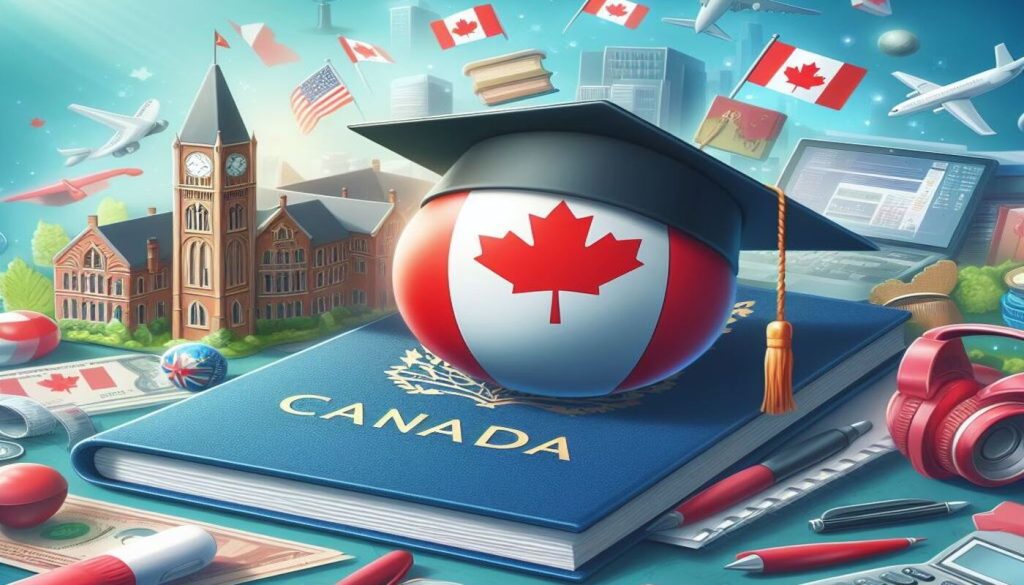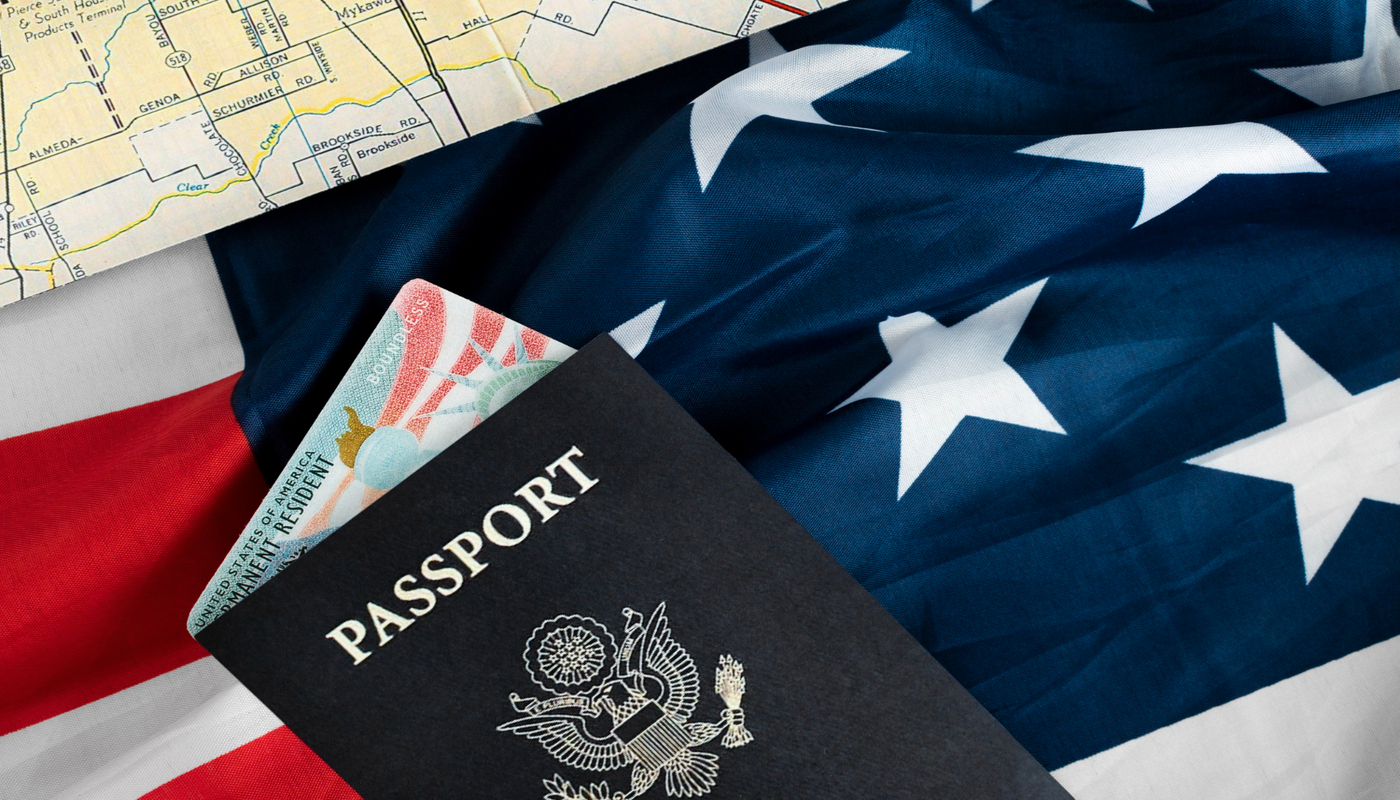Following the recent announcement of an admissions cap on new overseas study permit applicants, Canada has provided clarifications to address any confusion. The updated rules cover post-graduate work permits and the acceptance of provincial attestation letters, offering valuable guidance for international students making crucial decisions.
In response to the intake cap set by the Government of Canada for international student permit applications in 2024, resulting in a 35% decrease from 2023, the country aims to facilitate better decision-making for prospective students. The clarifications focus on key aspects, including the requirement for a provincial attestation letter (PAL) for most new post-secondary international students, exemptions, and Post-Graduation Work Permit (PGWP) updates.
Notably, the PAL requirement, effective from January 22, 2024, emphasizes the need for most post-secondary study permit applicants to include a PAL with their application. Exemptions apply to primary and secondary school students, master’s or doctoral degree students, visiting or exchange students, and others specified in the exception list.
Moreover, the PGWP update introduces a longer, 3-year permit for graduates of master’s degree programs less than 2 years in length, aligning with the government’s recognition of their potential contributions to Canada’s labor market and path to permanent residence.
Changes also restrict PGWPs for certain college programs to address concerns about the quality of education and student support. While existing international students remain eligible, new students enrolling in these programs will not be eligible for a post-graduation work permit.
In the coming weeks, adjustments to open work permit eligibility for spouses and common-law partners of international students will be implemented. Eligibility will be limited to those in graduate and professional degree programs, with changes affecting spouses and partners of students in other study levels.
These clarifications aim to provide transparency and guide international students through the application process, ensuring they are well informed about the evolving regulations in Canada. Prospective students are encouraged to stay updated for a smoother application experience.
Source: MSN



















